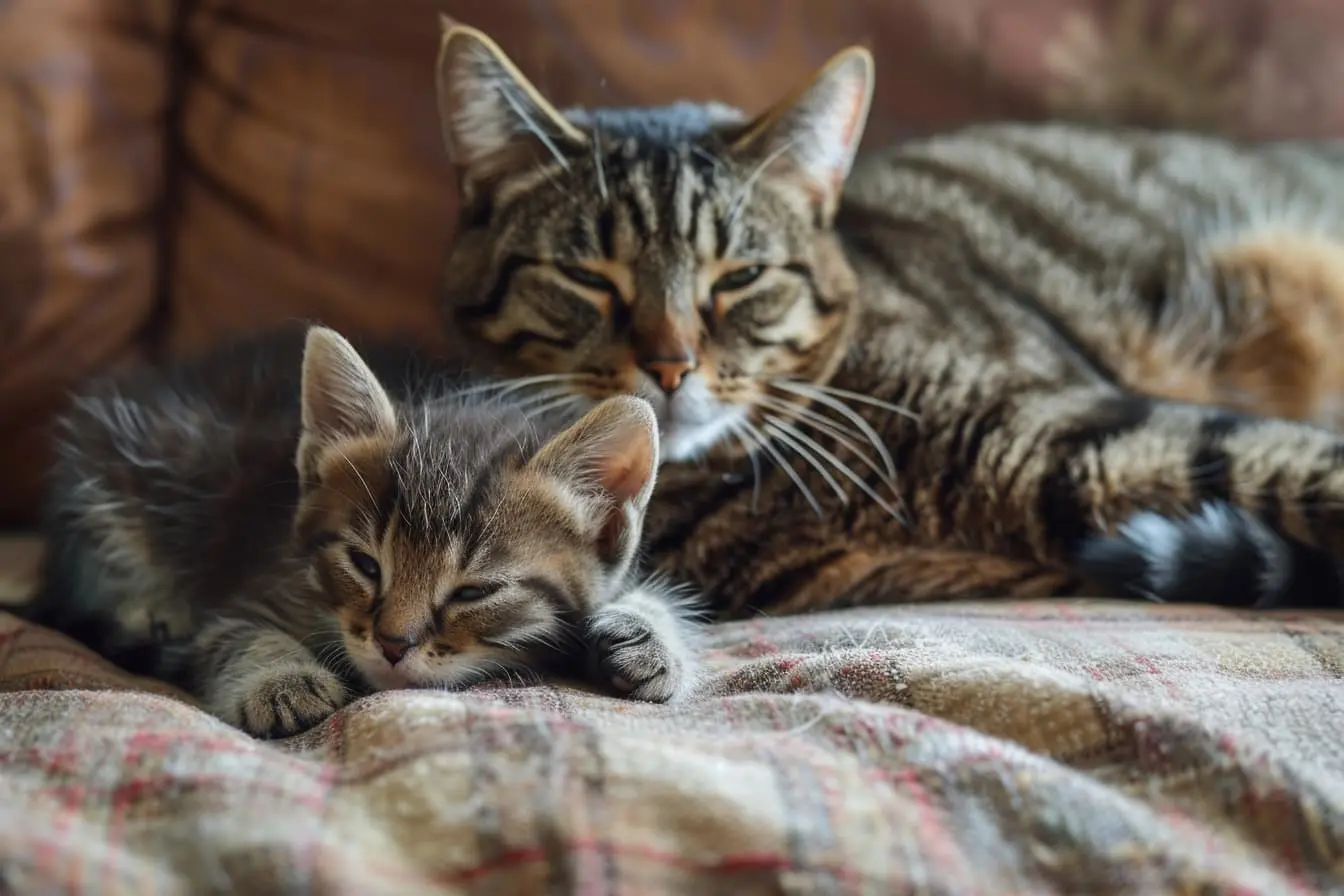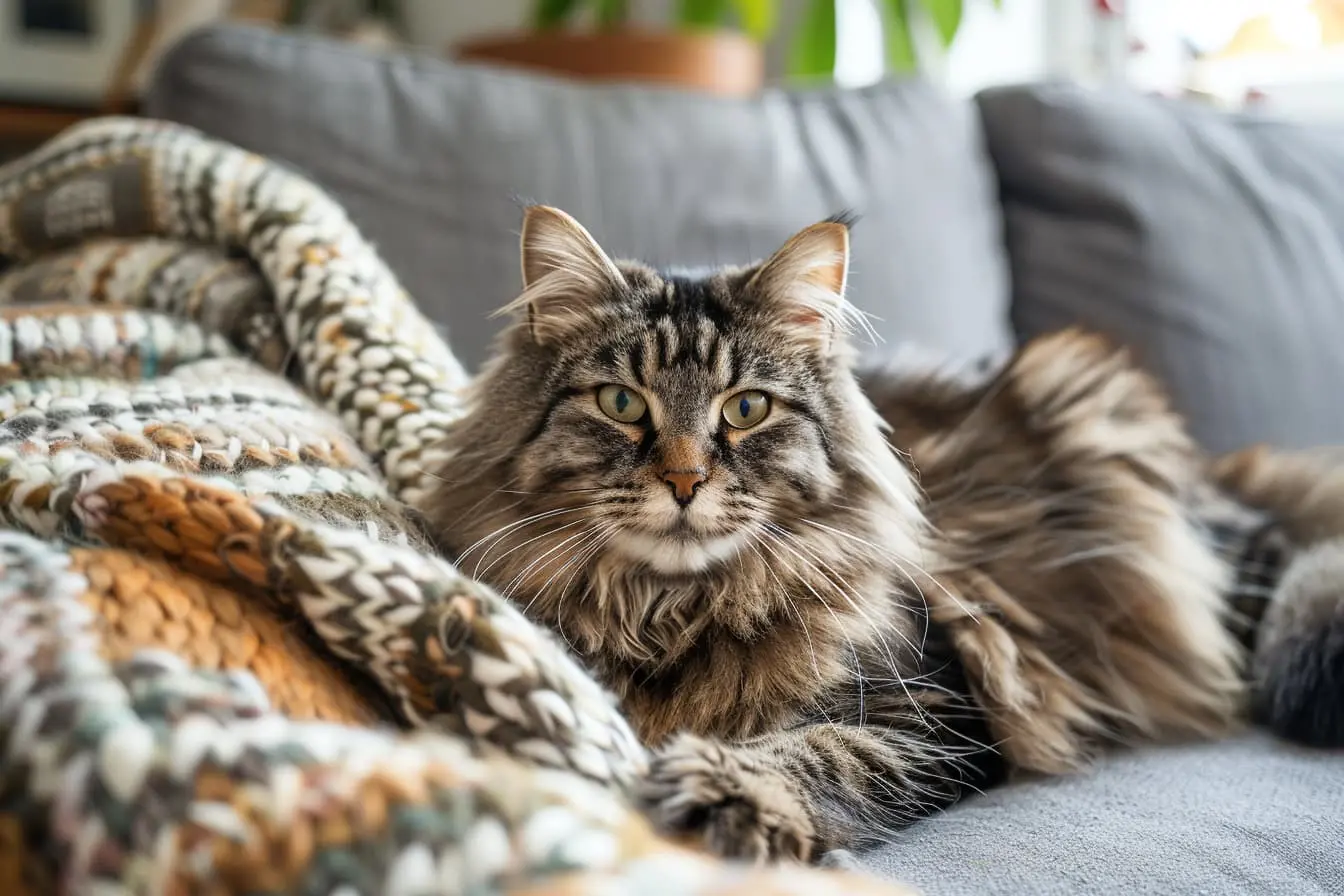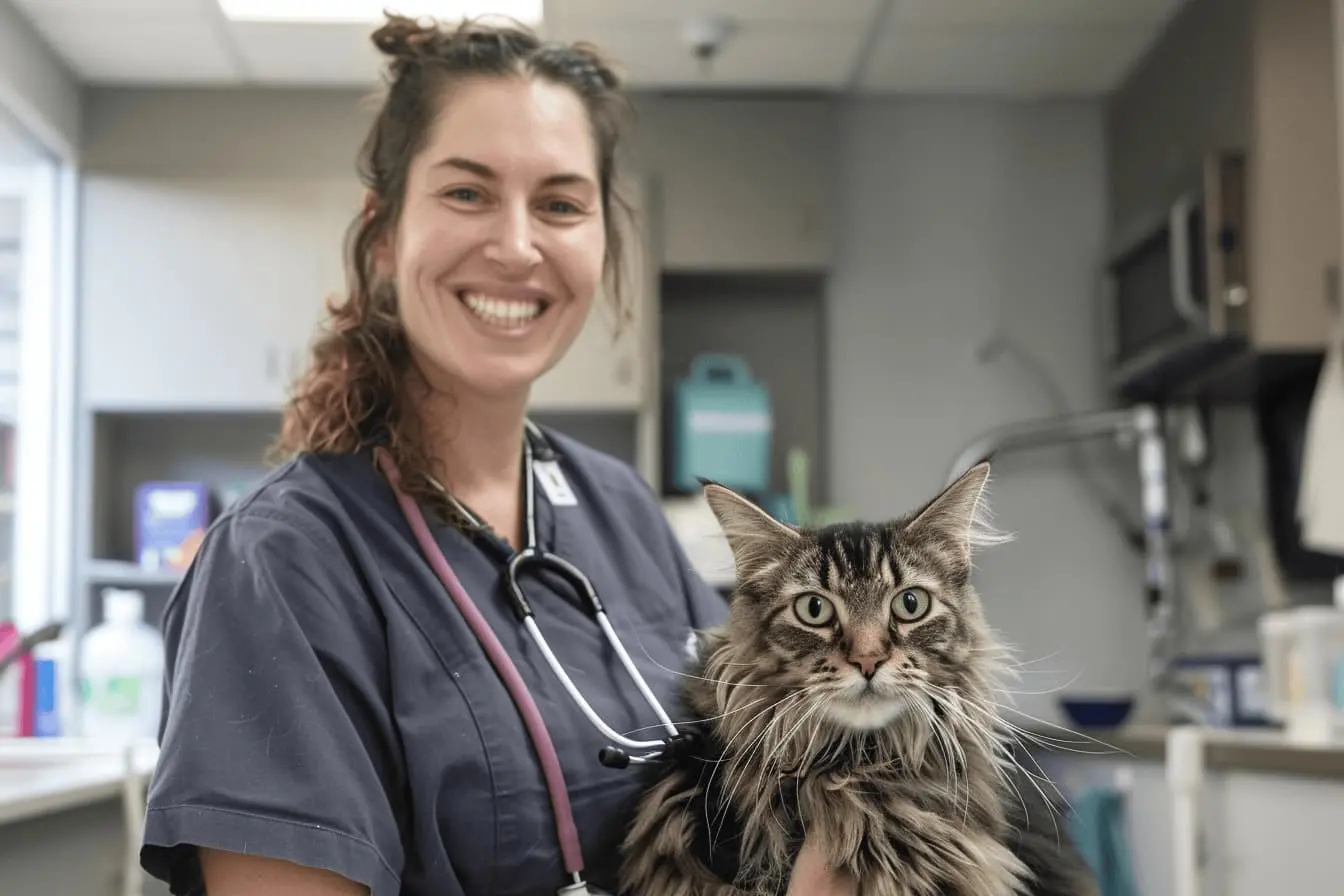
A Comprehensive Guide to Socialising Your New Cat or Kitten
Welcome to the enchanting world of cat ownership! As a new guardian of a feline friend, you're embarking on a rewarding journey filled with affection, playfulness, and unique bonding experiences. An essential aspect of this journey is socialising your new cat or kitten. Proper socialisation not only ensures a well-adjusted pet but also fosters a deep, enduring bond between you and your furry companion. This guide offers comprehensive insights into the process, helping you navigate the initial stages of cat ownership with ease and confidence.
Understanding the Importance of Socialisation
Socialisation is the process of gently introducing your cat or kitten to a variety of experiences, including meeting new people, exploring different environments, and encountering other pets. This crucial phase helps your cat become well-adjusted, reducing fearfulness and aggression, and promoting a sociable, confident demeanour.
The Best Time to Start
The prime window for socialising kittens is between 2 and 14 weeks of age, a period when they're most receptive to new experiences. However, if you've adopted an older cat, don't despair; with patience and gentle guidance, older cats can also become more comfortable with new experiences.
Step-by-Step Guide to Socialising Your Cat or Kitten
1. Create a Safe Environment
Initially, set up a quiet, comfortable space where your cat can retreat. This area should include essentials such as food, water, a litter box, and a cosy bed. The sense of security this space provides is vital during the early days of socialisation.
2. Gradual Introduction to People
Start by letting your cat get used to your presence. Spend time near them without forcing interaction. Once they seem comfortable, encourage gentle petting and play. Gradually introduce them to other family members or friends, ensuring these encounters are positive and brief at first.
3. Exposure to Various Stimuli
Introduce your cat to different sounds, textures, and smells within the home environment. This can include playing recordings of everyday noises, offering toys with various textures, and presenting objects with distinct smells. Keep these sessions short and positive, using treats as rewards.
4. Socialising with Other Pets
If you have other pets, introduce them slowly and under controlled conditions. Ensure each pet feels secure and has its own space. Supervise initial interactions closely, looking out for signs of stress or aggression.
5. Venturing Outside
For those considering letting their cat explore outdoors, start with short, supervised outings in a secure area. A harness and lead can help manage these explorations. Always ensure your cat is microchipped and vaccinated before venturing outside.
Socialisation Tips and Tricks
- Patience is Key: Every cat is unique; some may take longer to adjust than others. Be patient and celebrate small victories.
- Use Treats and Toys: Positive reinforcement with treats and toys can make socialisation experiences more rewarding.
- Monitor Body Language: Learn to read your cat's body language. Signs of discomfort include hissing, flattening ears, or tucking the tail. Respect their boundaries and retreat when necessary.
- Consistency is Crucial: Regular, consistent socialisation activities help build trust and confidence in your cat.
- Seek Professional Advice: If you encounter persistent challenges, consider consulting a vet or a professional cat behaviourist for tailored advice.
Conclusion
Socialising your new cat or kitten is a fulfilling process that lays the foundation for a lifelong friendship. By approaching this phase with understanding, patience, and consistency, you'll help your feline friend develop into a sociable, confident companion. Remember, the journey of socialisation is not just about teaching your cat about the world; it's also about deepening the unique bond between you and your pet. Welcome to the delightful world of cat ownership – your adventure begins here!
Vets near you
Speciality vets
- Aquatics vet specialists
- Birds vet specialists
- Camelids vet specialists
- Cats vet specialists
- Cattle vet specialists
- Deer vet specialists
- Dogs vet specialists
- Equines vet specialists
- Exotic vet specialists
- Goats vet specialists
- Pigs vet specialists
- Poultry vet specialists
- Sheep vet specialists
- Small Mammals vet specialists
- Wild vet specialists
Vet facilities
- Accessible by public transport
- Blood testing
- Car park nearby
- Client car park
- Dentistry
- Diagnostic imaging
- Disabled public access
- Flea and worm treatments
- Microchipping
- Mobile services
- Neutering
- Open at weekends
- Out-of-hours service
- Referral interests
- Referrals only
- Street parking outside
- Toilets available
- Vaccinations



